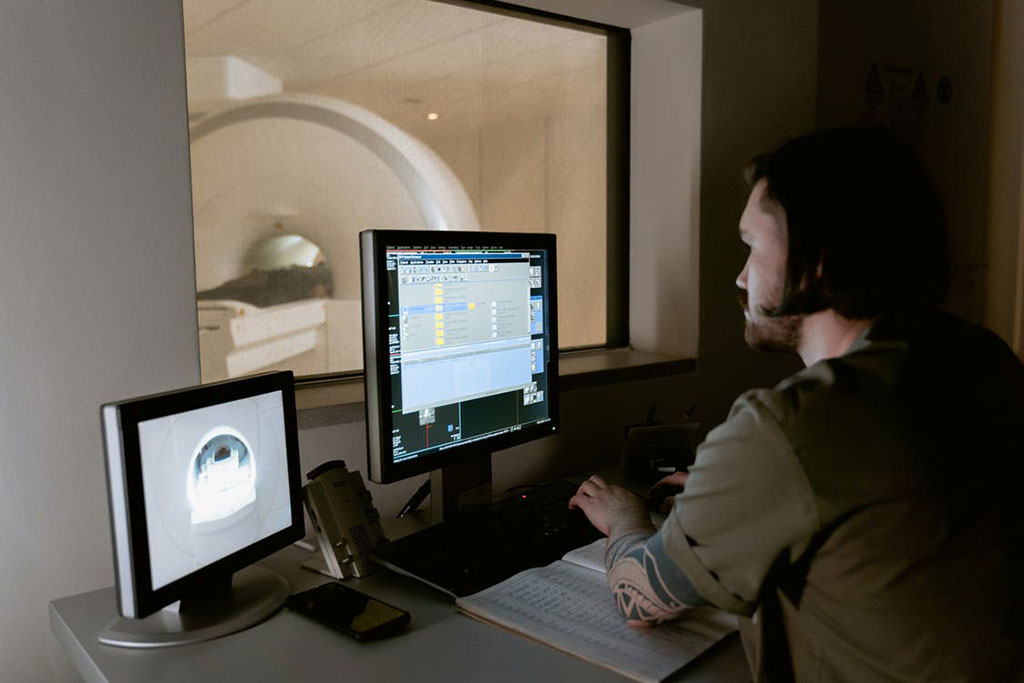MRI Superior to ECG for Diagnosing Heart Failure
Posted on 06 May 2022
Until now, the best way of diagnosing heart failure has been an invasive assessment, but it carries risks for patients. Non-invasive echocardiogram, which is based on ultrasound, are usually used instead, but they are wrong in up to 50% of cases. Now, a new study has shown how magnetic resonance imaging (MRI) is superior to Echocardiography for diagnosing heart failure, as well as being a powerful tool to predict patient outcomes, including death.
Using MRI scans to detect heart failure could revolutionize how the condition is diagnosed, thanks to new research from the research from the University of East Anglia (UEA, Norfolk, UK) and the University of Sheffield (Sheffield, UK). The research team studied 835 patients who received an invasive assessment and a heart MRI on the same day from the ASPIRE registry - a database of patients assessed at the Sheffield Pulmonary Vascular Disease Unit.

“We showed that heart MRI is superior to Echocardiography in predicting pressure inside the heart. Almost 71% of patients who had wrongly measured pressures by Echocardiography had correct pressures by heart MRI,” said lead researcher Dr. Pankaj Garg, from UEA’s Norwich Medical School. “These findings will reduce the need for invasive assessment. This is not only cost-effective but also reduces risks to patients, as a heart MRI scan is a completely non-invasive test. We also showed that the results from heart MRIs were powerful tools to predict whether a patient would live or die.”
Related Links:
University of East Anglia
University of Sheffield














